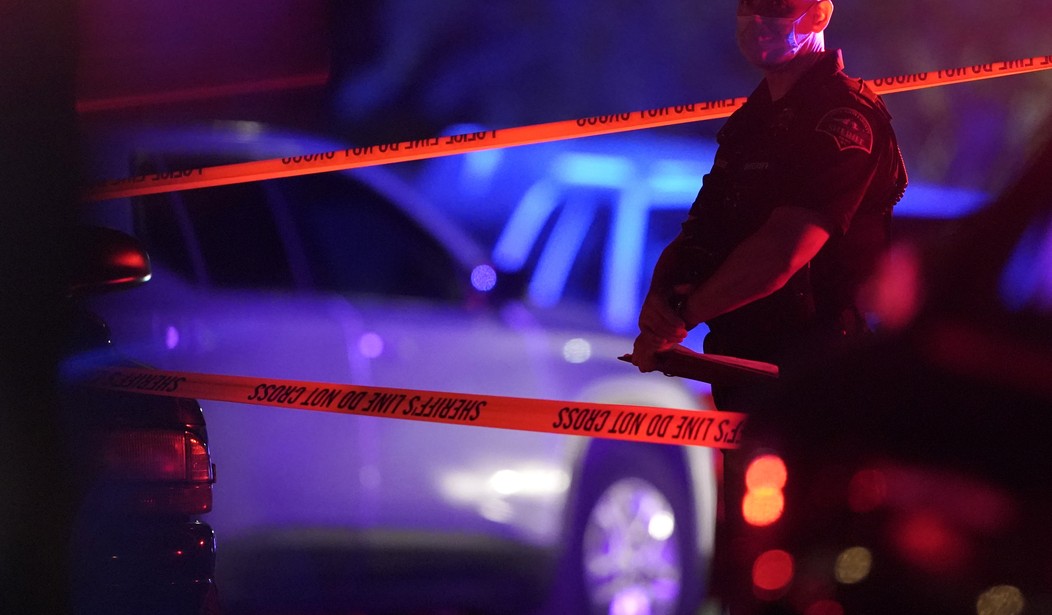Violent crime is soaring in our nation’s capitol, with robberies up by more than 50% compared to last year and carjackings up by 47% in the first four months of 2022. Shootings and homicides are also trending in a troubling direction, but District of Columbia officials have announced a new strategy that they say will help reduce these crimes: life coaches for those identified as being most at-risk of committing (and becoming victims) of violence.
On Monday, April 18, at 12 pm, Mayor Muriel Bowser and District leaders will recognize National Reentry Month and announce that 200 District residents, identified by the National Institute for Criminal Justice Reform (NICJR) as being at highest risk of involvement in gun violence in the District, have been assigned a multidisciplinary team to include a Credible Contact, a Pathfinder, and a member of the Mayor Bowser’s Cabinet.
The Mayor’s FY23 budget proposes a $1.7 million investment in a Life Coach initiative that will build on these efforts by providing approximately 20 coaches who will offer high-quality care coordination services, needs assessments, and coordination with outreach teams to execute individual success plans.
On the one hand, I’m thrilled that Bowser and other officials are finally acknowledging an undeniable fact about violent crime: an outsized portion of those crimes are committed by a handful of people. According to one National Institute for Justice study from 2014, “the majority of violent crimes are perpetrated by a small number of persistent violent offenders, typically males, characterized by early onset of violent criminality, substance abuse, personality disorders, and nonviolent criminality.”
According to that study just 1% of the population is responsible for more than 60% of violent crime, so D.C. focusing on that small co-hort of individuals likely to offend and be victimized makes sense.
Less encouraging, however, is the fact that D.C.’s approach appears to be all carrot and no stick. What happens to those individuals who don’t take advantage of the District’s offer to help? What happens to those who agree to participate, but fail to uphold their end of the bargain?
I’m concerned that the answer is going to be “not much,” especially since Bowser and others have been highly critical of strategies that involve sending those high-risk individuals to federal court if they’re found in possession of a gun after a felony conviction. As the pro-gun control website The Trace reported last year:
In July 2020, federal prosecutors disclosed in court that the policy was not being enforced citywide, as officials initially said, but that it targeted three police districts in predominantly Black wards in the east. After that revelation, Bowser backed away from the policy, saying she wouldn’t have supported it if she’d known. She has since cited it as an example of why D.C. needs statehood and local control of the justice system. Newsham has also said he was unaware of the policy’s scope. The U.S. Attorney’s Office has said they targeted those districts because they had the highest rates of gun violence.
The policy faced opposition within the U.S. Attorney’s Office, too, when a “working group” of Black assistant U.S. attorneys asked that it be terminated last year. In his court filing last month, Phillips said that in August 2020, his predecessor removed the geographic focus. But by expanding it citywide, opponents said more Black defendants could be subject to harsher sentences because Black residents were already disproportionately represented in D.C.’s justice system.
Something tells me that black residents are going to make up a disproportionate number of the individuals on the National Institute for Criminal Justice Reform’s list of those at-risk of committing violence, but I doubt that Bowser is going to raise any objections for the simple reason that Bowser’s plan doesn’t have any component involving law enforcement. Despite the mayor’s talk about wanting to hire hundreds more police officers, Bowser still seems awfully reluctant to admit that the criminal justice system has a role to play in preventing future crimes, particularly among that small group of prolific offenders.
Ultimately, that is likely to doom her new proposal, at least when it comes to making a difference in the city’s crime rate. Providing a way out for those wanting to change their lives is important and can have a real impact, but these programs are likely to be much more successful when police and prosecutors step in after those at-risk individuals don’t avail themselves of the opportunity to turn their lives around by taking cases to federal court, avoiding the possibility of plea bargains, and delivering severe consequences to those convicted of new offenses. That doesn’t appear to be a part of D.C.’s latest strategy, and until it is, I can’t see the District’s new life coaches doing much at all to make our nation’s capitol a safer place.









Join the conversation as a VIP Member